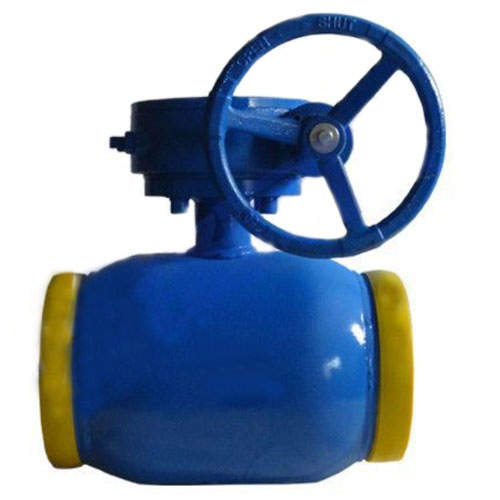220V AC Solenoid Valve for Efficient Fluid Control Applications
Understanding Solenoid Valves in 220V AC Applications
Solenoid valves are critical components in various industrial and commercial systems, serving as electromechanical devices that control fluid flow. Their operation is straightforward, yet they play an essential role in automation and fluid control systems. One particular type that stands out is the solenoid valve rated for 220V AC. This article will explore the functionalities, applications, and benefits of using 220V AC solenoid valves, along with considerations for their use.
What is a Solenoid Valve?
A solenoid valve consists of a solenoid (an electromechanical coil) and a valve body. When a voltage is applied to the coil, it generates a magnetic field that moves a plunger (or armature). This movement opens or closes the valve, thereby controlling the flow of liquids or gases. Solenoid valves are typically available in various types, including direct-acting, pilot-operated, and servo-assisted, each suited for different applications.
Importance of 220V AC Solenoid Valves
The 220V AC rating refers to the voltage and current type that the solenoid valve operates on. AC (alternating current) is most commonly used in residential, commercial, and industrial applications around the world. In many regions, especially in Europe and Asia, 220V AC is standard for household and industrial electrical systems.
Using a 220V AC solenoid valve has several advantages
1. Widespread Compatibility Since 220V AC is a standard voltage in many parts of the world, integrating these valves into existing systems is more straightforward, ensuring compatibility with readily available electrical infrastructure.
2. Reliable Operation Solenoid valves designed for 220V AC provide consistent and reliable performance, which is crucial in applications where precise control of fluid flow is necessary.
3. Energy Efficiency Many modern solenoid valves feature designs that optimize energy consumption. Using a 220V AC supply can be more efficient in some applications compared to lower voltage alternatives.
4. Safety 220V AC solenoid valves are designed with safety measures to prevent overheating and electrical failures, enabling them to operate reliably in various conditions.
Applications of 220V AC Solenoid Valves
The versatility of 220V AC solenoid valves means they find applications across many industries
solenoid valve 220v ac

- Water Management These valves are commonly used in irrigation systems, water treatment plants, and plumbing applications to automate the flow of water and improve efficiency.
- HVAC Systems In heating, ventilation, and air conditioning (HVAC) systems, 220V AC solenoid valves help regulate refrigerant flow, enhancing system performance and energy efficiency.
- Fluid Control Industries such as pharmaceuticals, food and beverage, and chemical processing rely on solenoid valves for accurate control of various fluids during production processes.
- Automated Equipment In manufacturing and automation systems, solenoid valves play a key role in enabling the operation of machinery by controlling the actuation of pneumatic or hydraulic components.
Choose the Right Solenoid Valve
When selecting a 220V AC solenoid valve, consider factors such as
- Medium Type Determine whether the valve will control water, gas, or other fluids, as different materials are compatible with certain media.
- Pressure and Temperature Ratings Ensure the solenoid valve can handle the pressure and temperature of the application without failure.
- Connection Type Select the valve based on the type of piping or connection being used in the system, ensuring a proper fit and seal.
- Duty Cycle If the application requires continuous operation, ensure that the solenoid valve's duty cycle matches your operational needs.
Conclusion
In summary, 220V AC solenoid valves are vital in numerous applications, providing essential control over fluid flow in various systems. With their reliable operation, widespread compatibility, and energy efficiency, they serve industries ranging from manufacturing to HVAC. By carefully selecting the right solenoid valve for specific application requirements, businesses can enhance operational efficiency and ensure reliable performance in their automated systems. Understanding the intricacies of these devices will undoubtedly help in making informed decisions for fluid control needs.
-
The Key to Fluid Control: Exploring the Advantages of Ball Valves in Industrial SystemsNewsJul.09,2025
-
The Versatile World of 1, 2, and 3 Piece Ball ValvesNewsJul.09,2025
-
Stainless Steel Ball Valves: The Ideal Choice for Efficient Flow ControlNewsJul.09,2025
-
Optimizing Fluid Control with Ball Float ValvesNewsJul.09,2025
-
Manual Gate Valves: Essential for Control and EfficiencyNewsJul.09,2025
-
Everything You Need to Know About Butterfly ValvesNewsJul.09,2025
-
The Versatility of Wafer Type Butterfly ValvesNewsJul.08,2025




